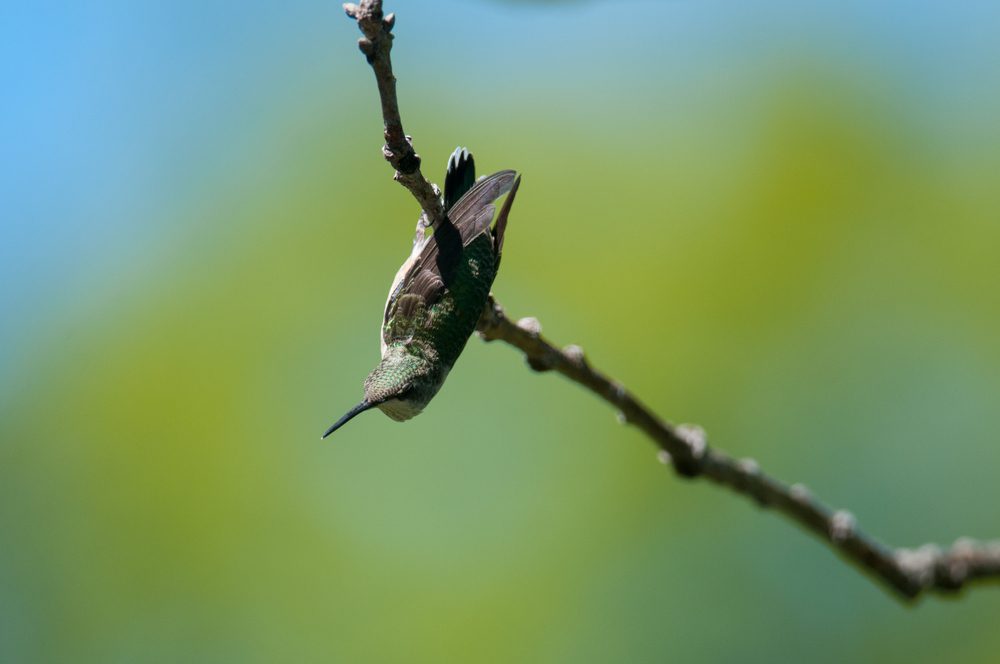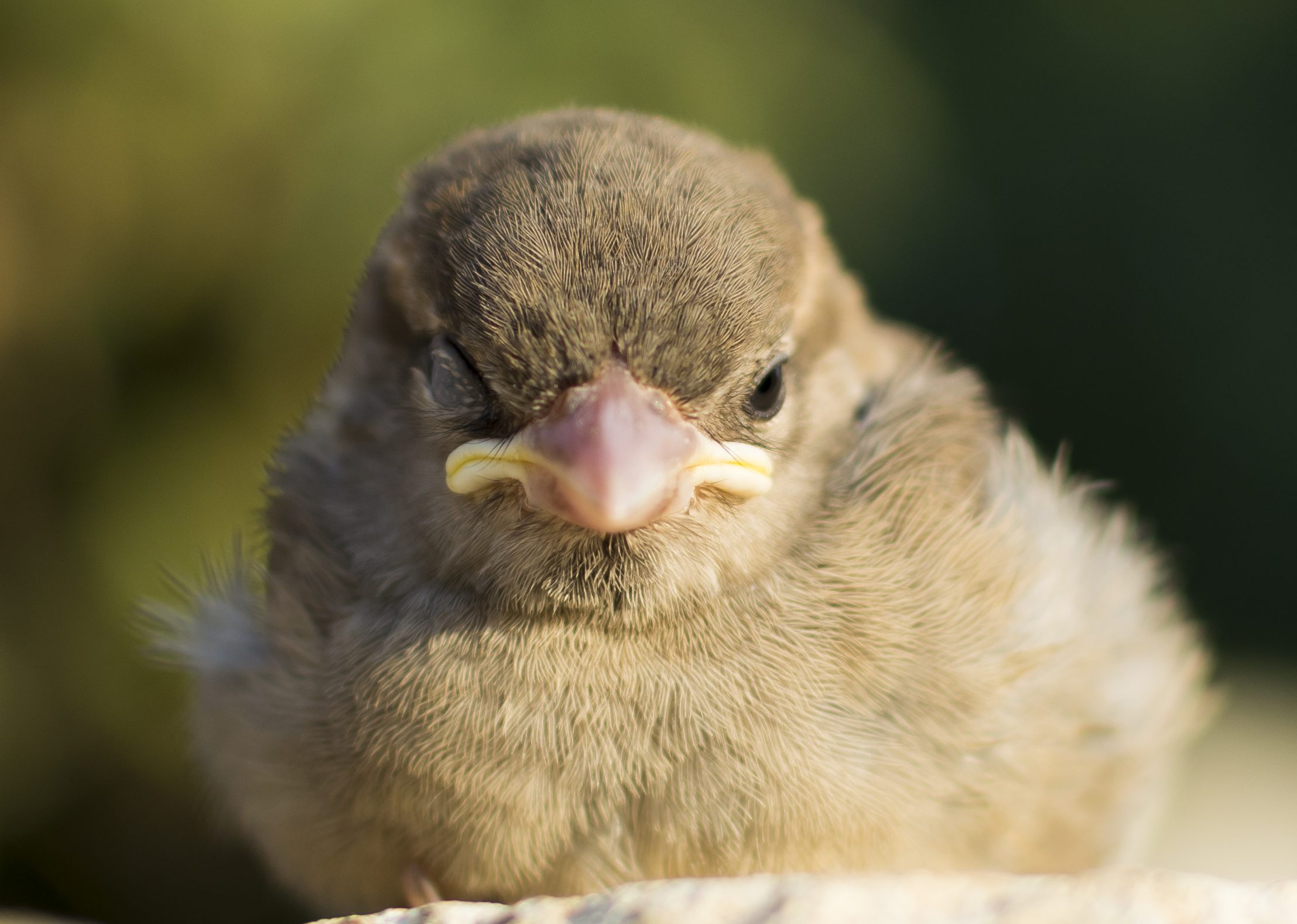Last month, we answered the question on every bird-lover’s lips: where do birds go when it rains? Now, we’re coming at you with another all-important wondering about our feathered friends: do they sleep?
In short, yes. It’s a tiring business flapping about and trying to avoid turbines, and birds, just like the rest of the animal kingdom, need to put their talons up from time to time. But their 40 winks look a little different to ours…
Predictably, you won’t find birds snuggled under a duvet for a solid eight hours. So what do they do instead when they’re in need of some shut-eye?
When do birds sleep?
Exactly how, when, and where birds sleep differs between species. Some, such as owls and the aptly named nighthawk, are nocturnal – they fly and hunt and night, saving the daytime for snoozing. Most birds, however, are diurnal – they, like us, are active during the day and rest at night.
For these guys, bedtime depends on the sun. Generally, diurnal birds sleep when it sets and wake when it rises, although their slumber can be disturbed by light and noise pollution (which has also been found to induce chronic stress akin to PTSD in some species).
Where do birds sleep?
Regardless of when they do it, all birds nod off at some point and they usually choose to do so in safe, sheltered places away from predators. This can include in trees, bushes, or small cavities.

Hummingbirds have been known to sleep upside down while perched on a branch. Image credit: KRNaturalPhoto/Shutterstock.com
Perching may not sound like the safest, or most comfortable, way of sleeping but it’s actually more secure than it seems. When a bird’s weight is on its feet, tendons in the feet tighten, forcing them closed and exerting a vice-like grip on the branch, ledge, or whatever else they may be perched on. The bald eagle, for example, has a grip 10 times stronger than the average adult human hand, so there’s little chance of them slipping off their perch while they take a nap.
But all birds are different, and not all choose branches. Some sleep on buildings, others on the ground. Waterfowl, like ducks and geese, sleep on or near the water, sometimes standing on just one leg to do so, much like flamingos and herons. Perhaps weirdest of all, chimney swifts are known to cling to vertical surfaces (such as chimneys, hence the name) when in need of some beauty sleep.
How do birds sleep?
Sleeping is risky business for our feathered friends: they face threats from predators, as well as the cold, which means that conking out for an extended period of time can be dangerous. To combat this, birds tend to sleep in short bursts, waking frequently.
Some are even capable of unihemispheric slow-wave sleep (USWS): one half of their brain is active as the other half rests. The eye connected to the awake hemisphere stays open, allowing them to be aware of their surroundings while still getting sufficient rest. Whales do this too to allow them to breathe and sleep simultaneously.

Can birds sleep while flying?
USWS also allows some birds to sleep while flying, which is handy given that lots of species take non-stop flights lasting days, weeks, or longer – common swifts can stay continuously airborne for 10 months straight.
The record for the longest (by distance) non-stop migration by a bird belongs to a bar-tailed godwit, which traveled a whopping 13,560 kilometers (8,425 miles) between Alaska and Tasmania in just 11 days. Shoutout to USWS for that one.
Catching some z’s while traveling from A to B? Sounds pretty dreamy to us. Although maybe not over such gargantuan distances – we’re exhausted just thinking about it and we slept with both halves of our brain last night.
Source Link: Do Birds Sleep?